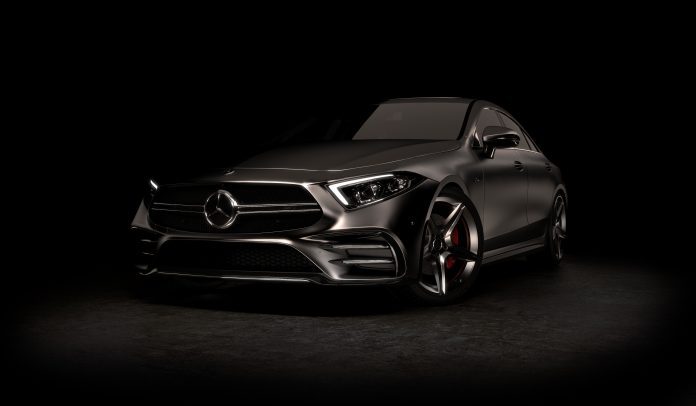In its first-quarter financial report released on April 28, Mercedes-Benz reported substantial growth thanks across its automotive segments but noted that economic conditions remained uncertain.
According to the report, the German automaker saw quarterly revenue of $41.35 billion, an 8% increase over last March. Mercedes-Benz saw adjusted earnings before interest and tax (EBIT) improve 2% over the prior year while net profit grew 12%. Its car segment grew 3% to 503,483 units, while vans grew 12% to 98,885 units. Battery-powered vehicle sales nearly doubled from Q1 2022, reaching 51,639 units. The results were attributed to the success of its top-end car and premium van segments.
The report arrives just two days after the automaker announced its complete withdrawal from the Russian market, achieved by transferring its operations to Avtodom, an automotive retailer based in the country. The company noted that the move “…had no significant effects on profitability and cash flows…” despite an anticipated loss “in the low triple-digit million euros range” for its Mercedes-Benz Mobility brand.
The report reigned in expectations over the company’s 2023 outlook by forecasting suppressed growth due to the varying economic conditions at play throughout the international car market. Mercedes-Benz noted that European demand had been “sluggish” over the first quarter but pointed to growing activity in China and sustained strength in the U.S. during the period. In its Q1 sales report released two weeks prior, the automaker noted that the conflict between Russia and Ukraine had caused sales to decline 24% outside of North America, Europe and Asia, although its presence outside of these regions is relatively small.




